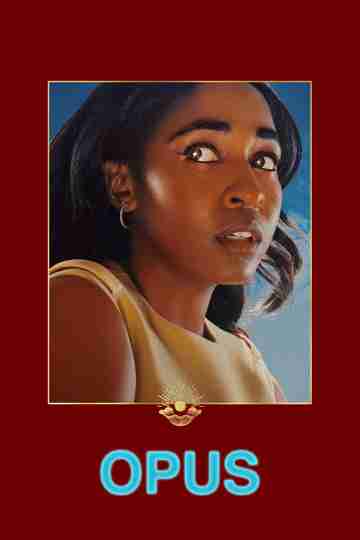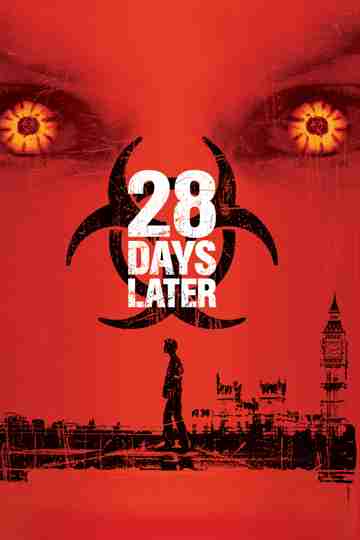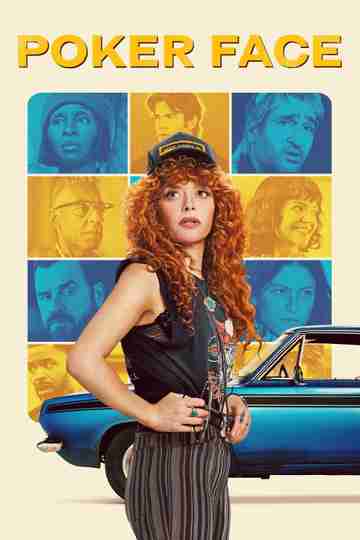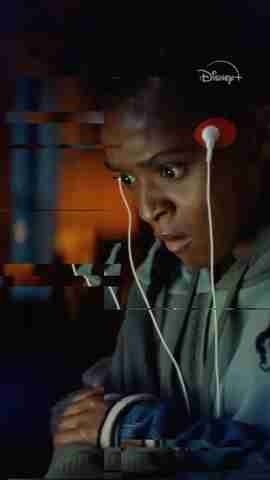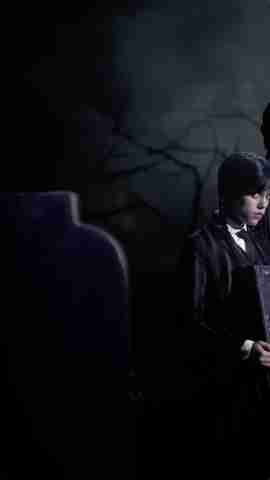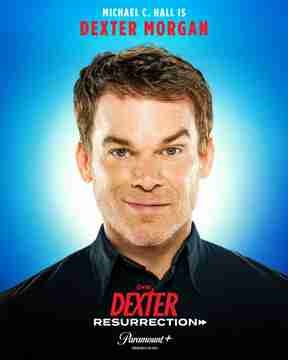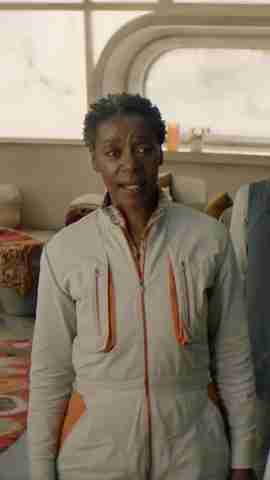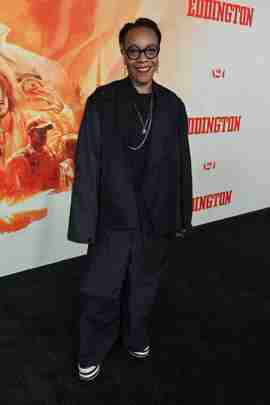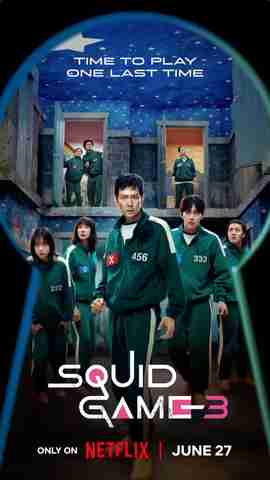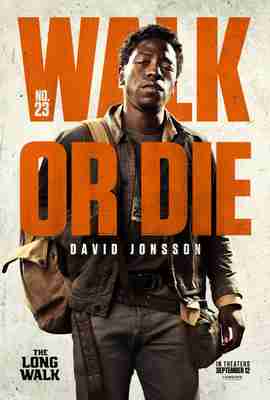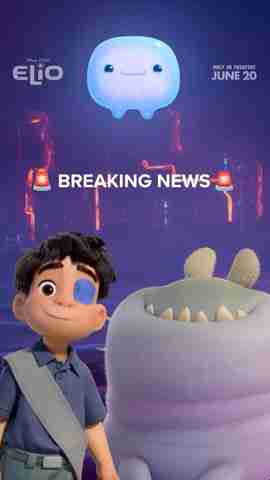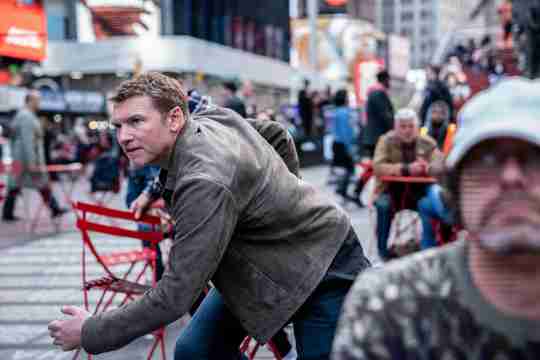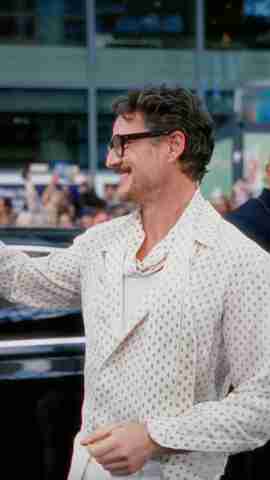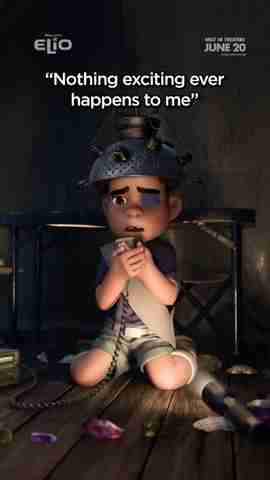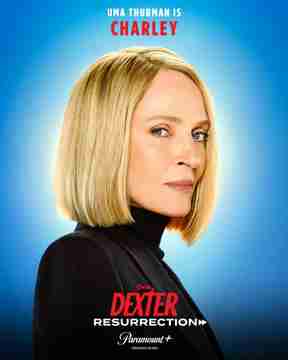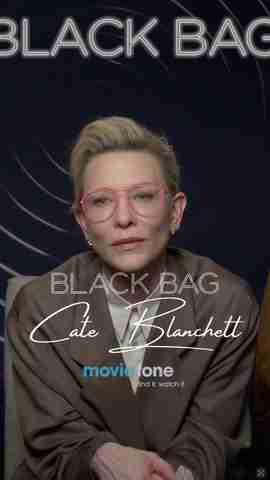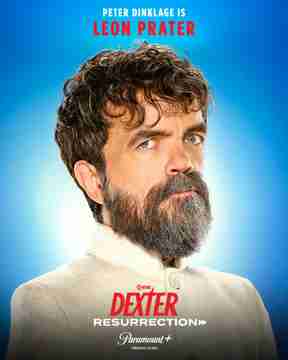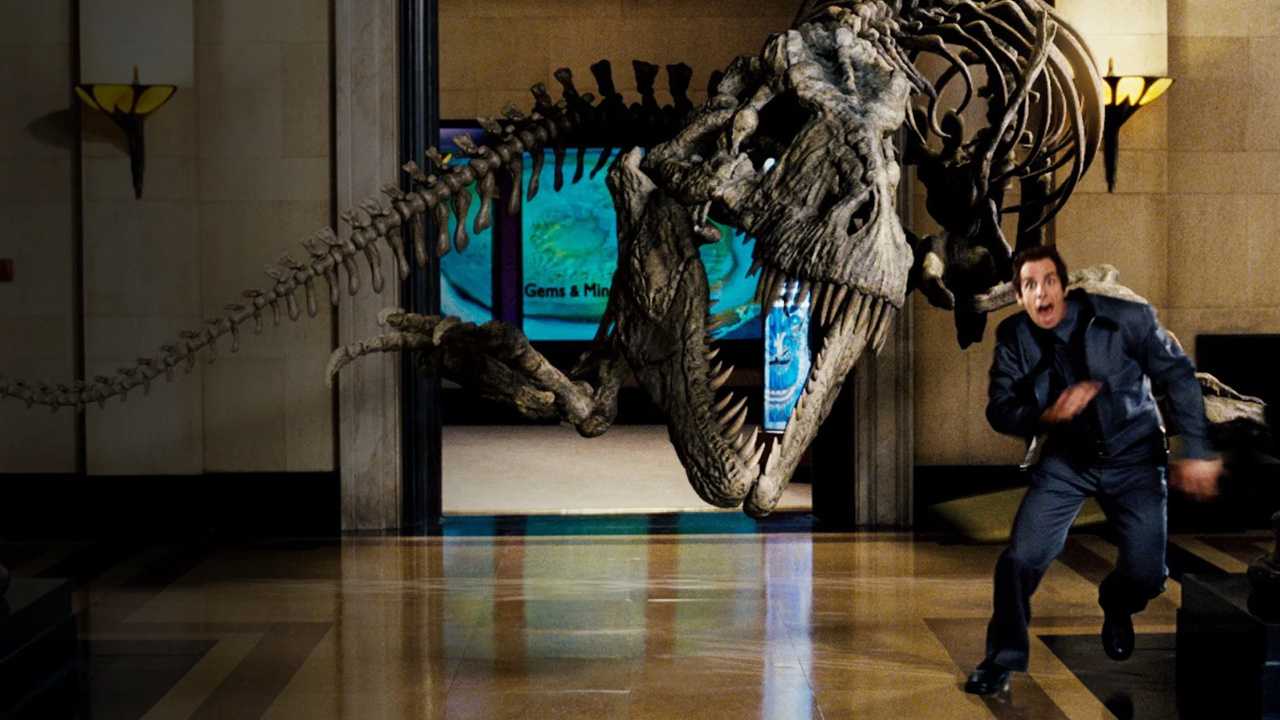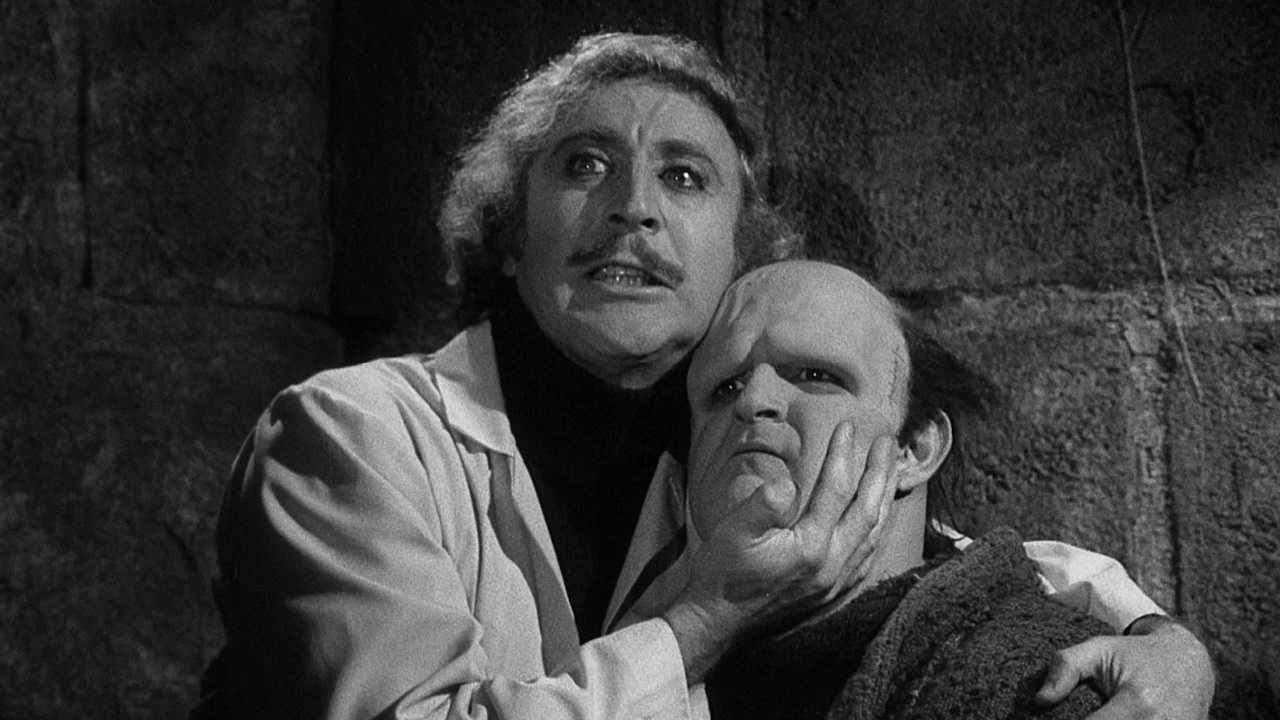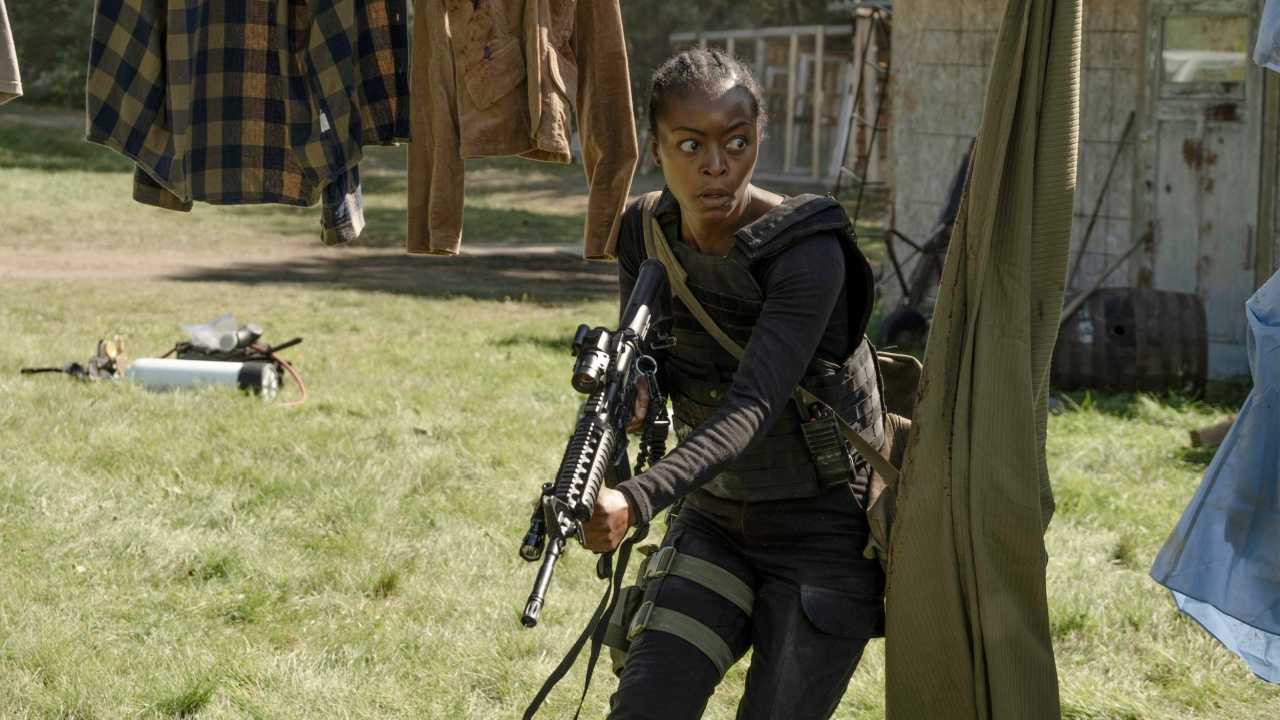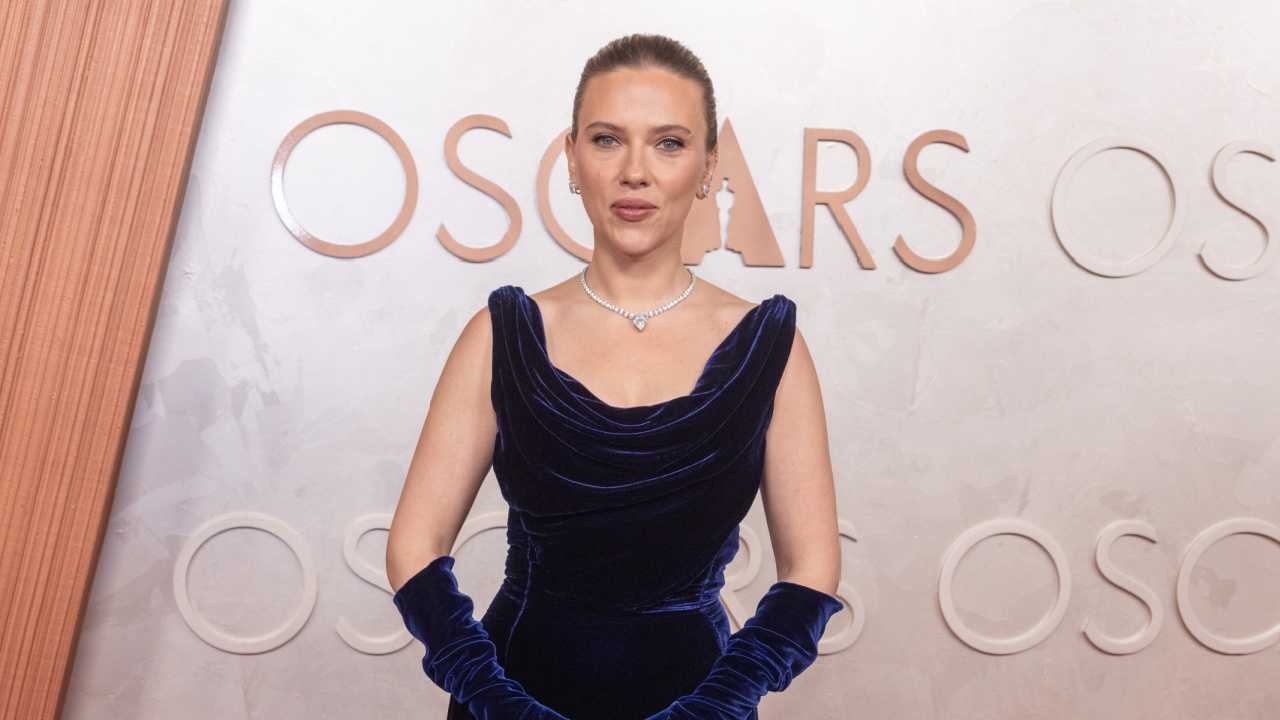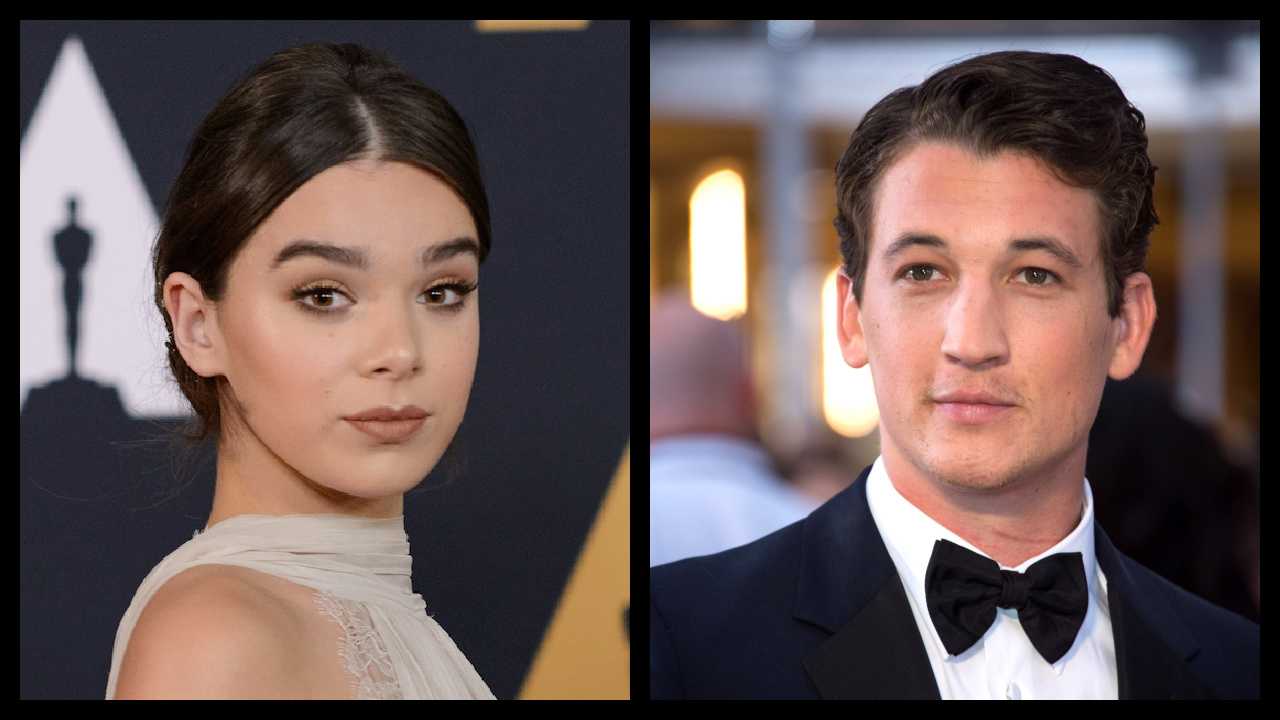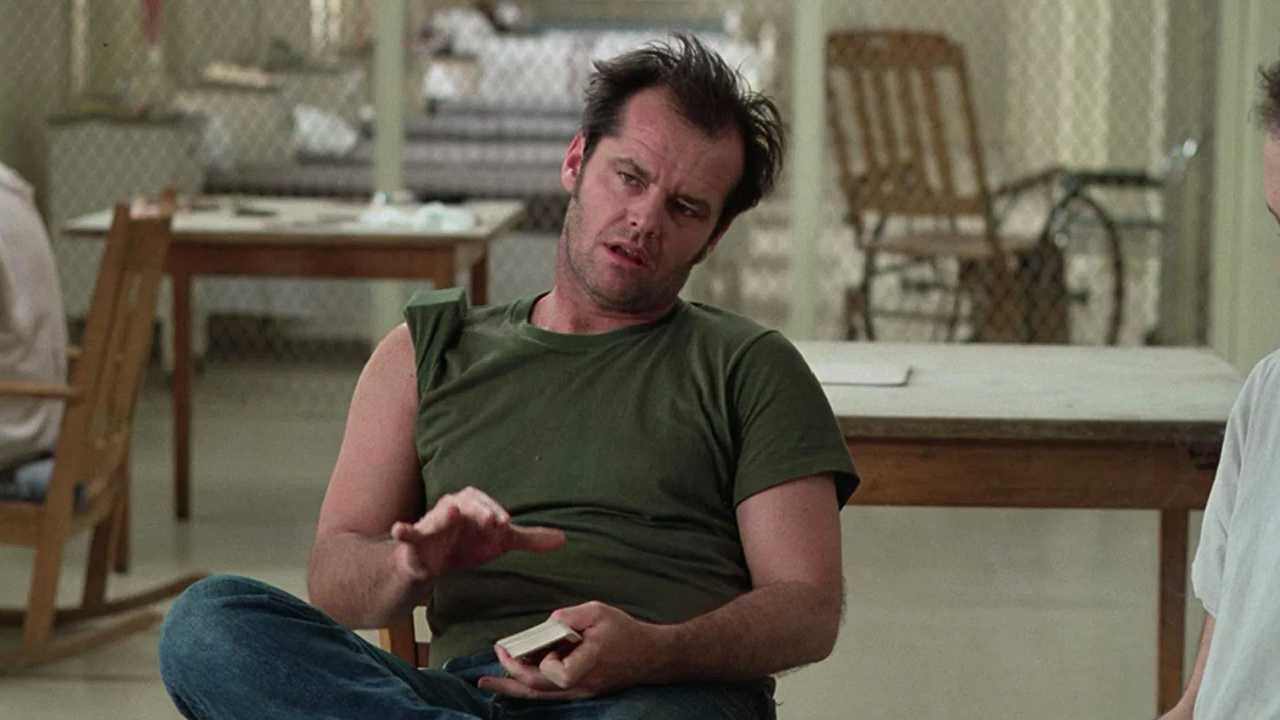Why 'Hap and Leonard' Is the Best Show You're Not Watching
The facts are these: There is so much good television on these days, between stellar line-ups on premium and basic cable, tried-and-true network favorites, and easily binge-able streaming series on various online services, that it's easy for really-for-real classics to fall through the cracks. (The sad fate of "Terriers" is the most shining example of this, although more recent shows like CBS's "BrainDead" come to mind, too.) Sundance's "Hap and Leonard" is a clear example of this -- it's a show based on cult-y source material, airing on a smaller cable network that isn't a part of everyone's package, and features a logline that isn't exactly "CSI on [fill in the blank]."
And it's for these reasons -- and more -- that "Hap and Leonard" (airing now on Sundance Channel) is the best TV show you're not watching.
To explain: "Hap and Leonard" is based on a series of novels by East Texas author Joe R. Lansdale. Lansdale is one of the greatest (and least-adapted) contemporary writers, usually spinning tales of the bizarre and surreal that are given texture by his easily relatable working-class characters and his commitment to an almost granular level of details when it comes to location and setting. Lansdale often adds magic or some element of the otherworldly to his stories but they never come across as outlandish; that's his greatest gift. In 1990, he wrote "Savage Season," the first novel featuring a white man Hap Collins and a black gay man named Leonard Pines (both served in Vietnam), who bumble around Texas, inadvertently solving mysteries. By 2017, the characters had been featured in 17 novels, short stories, and novellas; a series of comic books is on the way.
In 2016, the first season of "Hap and Leonard" aired on the Sundance Channel. It was adapted and developed by Jim Mickle and Nick Damici, filmmakers who had already proven their prowess when lovingly adapting Lansdale with their 2014 film "Cold in July." (Seriously, that movie is awesome.) The duo wrote all but one of the first season's six-episode arc, maintaining everything that made the original stories so special -- the banter between the characters, the dusty Texas panhandle-in-the-1980s setting, and the combination of earthy realism and cosmic strangeness (that strangeness is ramped up considerably with Season 2). There was enough of an audience that they brought it back for a second year, but it's hard to imagine something this esoteric finding an audience. Unless, you know, you watch it now.
One of the greatest things about "Hap and Leonard" is how matter-of-fact it is when it comes to the series' complex understanding of social and sexual politics of the south. Even in the '80s, Texas was not exactly a comfortable place for African Americans, let alone gay African Americans, and in the second season the racial element is played up exponentially. In Episode 3 of this season, in a striking flashback, a young black girl is playing hide and seek when the Ku Klux Klan show up. As she turns her back they burn down her church; she turns around and starts counting again. Leonard's sexuality is dealt with throughout the show, but its his insistence that who he cares to love isn't a big deal that makes the show that much more powerful. (There is also some discussion about what it means to have been a war veteran following Vietnam. But that isn't as prominent an issue.)
But this isn't an "issue" show; instead it's just one of the things that makes it so special. "Hap and Leonard" is pretty pulpy, through-and-through, and it is pretty unabashed about it. Lansdale's stories were always slim and cheap; you could quickly read them and get hungry for the next installment. They were big on cliffhangers and blood splatter and the series is just the same.
In the show, Michael K. Williams is Leonard and James Purefoy is Hap Collins and, like in the stories, a lot of the fun is watching them interact. They're deeply committed to their roles, even if Purefoy's accent isn't 100% (and this is coming from a Texan), and they consistently strike the right balance between pithy bickering and genuine camaraderie and understanding. The first season was a delicious slice of Southern Gothic charm, and, now, in the second season, they've maintained all of the things that made the first season so great, added additional stakes, more social commentary and, most importantly, more of that Joe R. Lansdale quasi-mystical mumbo jumbo.
And while the show is, ostensibly, a detective series, it's nothing like the shows that you probably associate with the phrase. There's very little actual detecting going on; it's not filled with snappy quick cuts of evidence or potential suspects. Instead, the show has a singular, ramshackle cadence, one in which Hap and Leonard do some detective work but kind of luck into misadventures instead of setting out to uncover some mystery. That's part of the fun of the series, too -- how it has little interest in playing by the conventions of the genre. This is one of those shows that defies expectations and, because of that, makes it hard to recommend in a single sentence. It's not as immediately hooky as some of the recent television breakouts, but it's even better than most of the shows that have entered the national zeitgeist.
"Hap and Leonard" is challenging, beautifully filmed, funny, scary, and above all, weird. And it deserves to be watched. I mean, do you even like "Riverdale" anymore?




